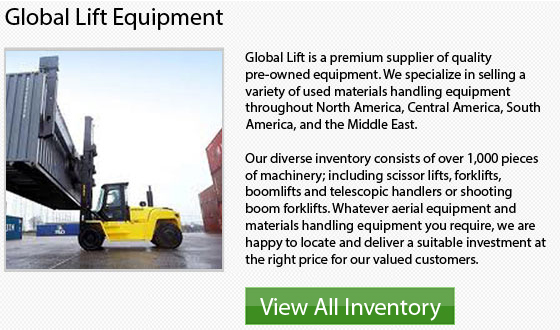
Forklift Safety and Forklift Training:
Forklift safety training is the responsibility of the employer. It is in the employer's best interests to spend some money on forklift training for all the staff. Incorrectly used forklifts could cause damage to your property. Businesses can be sued if there are people who are injured. It's worthwhile to ensure that anyone utilizing a forklift is trained well to do so.
The best way to guarantee safe forklift operation is to require each worker to attend a forklift training course.
The basics of using a forklift should be learned by all the employees. Information concerning safety should be provided in the form of handouts, and posted in warning signs and posters. The following are several vital forklift training and safety tips:
1) An employee could only utilize a forklift if she or he is qualified. Never take risks with such big machinery. Forklift training must be taken very seriously.
2) Seat belts must always be utilized by forklift operators. Just because the forklift moves slowly doesn't mean that seat belts can be ignored. Accidents are less likely to result in personal injuries when seat belts are worn.
3) A system wherein staff report instances of damage or mechanical problems must be established. As the employer, you must create an efficient and effective reporting system that is very easy to learn. Employees must be well trained in forklift basics so that they can detect and report issues when they occur.
4) Employees should be trained how to lean away from the turn, and stay in the cab even when there is risk of overturning. Workers should not jump out. That's the best way to avoid serious injury.
5) Staff need to be trained to know a forklift's weight capacity limit. A major cause of forklift mishaps is related to tip overs caused by lifting too big a load. Staff should really know how much they could carry safely. A tip over can damage the whole forklift. Overloading is the biggest safety mistake an employee can make.